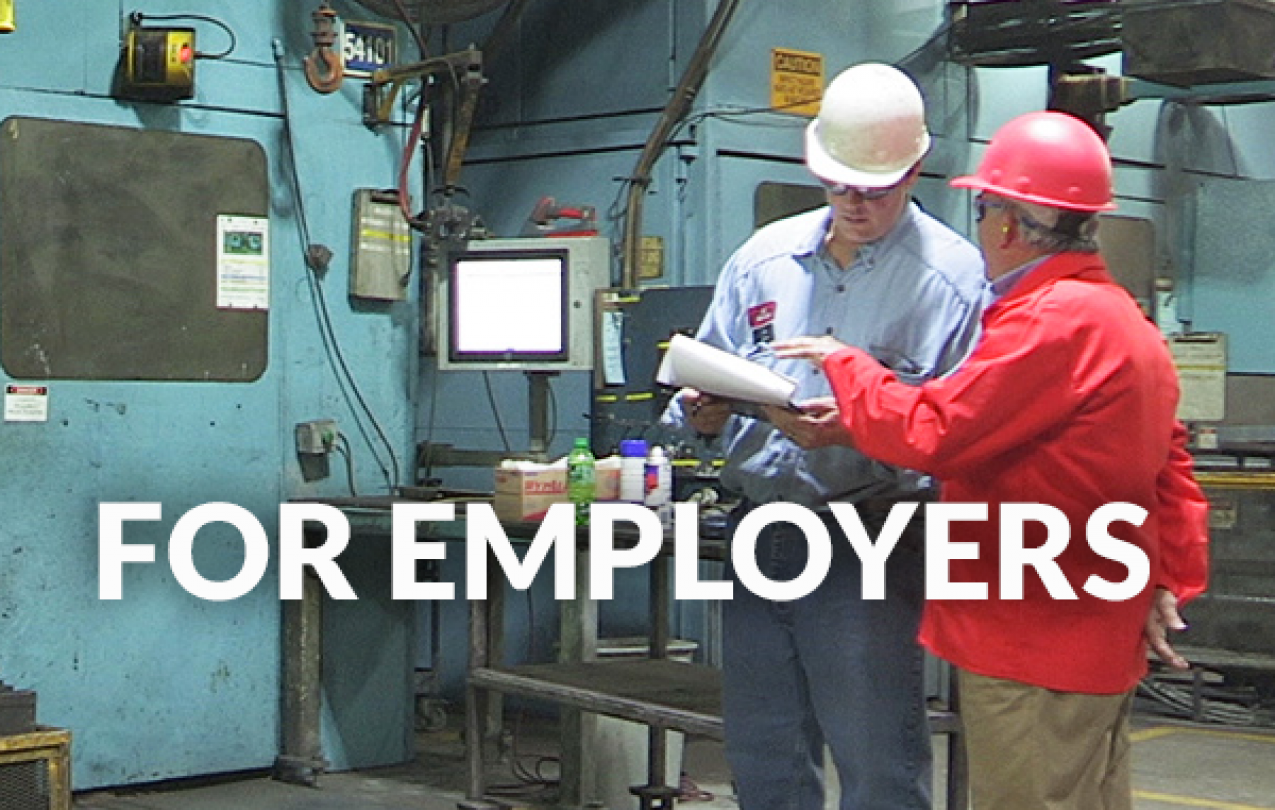In the modern advanced manufacturing economy, most production workers, including those on the frontlines, need more than the basic skills that were required in previous decades. To meet demands for quality and safety in a workforce where experienced employees are aging out and new talent is hard to find, employers need to attract and train the skilled workers who will grow this critical sector of the U.S. economy.
The Industrial Manufacturing Technician (IMT) Apprenticeship meets these needs by helping employers and unions fulfill the growing need for skilled advanced manufacturing production workers. The IMT is a nationally recognized apprenticeship registered with the U.S. Department of Labor that trains front-line manufacturing production workers in skills manufacturers look for—in settings as diverse as food processing, foundries, plastics and bio-medical production.



